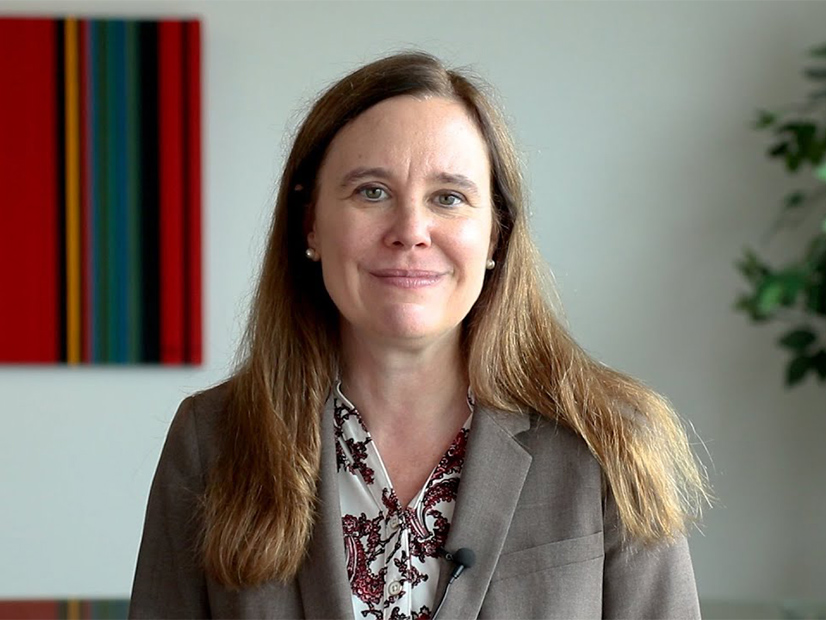Washington lawmakers won’t know until mid-March how much cap-and-trade revenue they will be able to spend during the 2023-25 budget period.
That will be five to six weeks prior to the end of the 2023 legislative session, which is scheduled to finish April 24. Traditionally, both the Washington House and Senate unveil their individual biennial budget proposals in early March to begin talks to reconcile the two measures. The 2023 session begins Jan. 9.
The bottom line is that a mid-March unveiling of cap-and trade figures will create a time crunch in Washington’s budget deliberations.
Following a brief introduction by Gov. Jay Inslee, officials from the state’s Ecology and Commerce department on Wednesday briefed the press on what is next in implementing the state’s new cap-and-trade and low-carbon fuels laws. Both went into effect on Jan. 1.
“It’s a happy day when the state can take a huge bite out of climate change,” Inslee said.
Ecology Director Laura Watson and Commerce Assistant Director Michael Furze said they don’t know how many of the initial 6.185 million allowances will actually be sold during the program’s first auction on Feb.28. “We have seen businesses positively responding here,” Watson said. Watson also said her agency cannot provide an estimate on final prices in the auction.
Revenue figures will be provided to the legislature a couple weeks after the auction, Watson said. Initial speculation is that the figure could be in hundreds of millions of dollars. Last year, Ecology officials told legislators the program should yield about $500 million in annual revenues. (See Cap-and-trade Projected to Provide Wash. $500M Annually.)
Some lawmakers are seeking to use cap-and-trade money to fund proposed tree-planting programs to replace trees lost to development and shade rivers and streams that provide routes for migrating salmon. Republicans want to use a portion of the funding to create an Office of Puget Sound Water Quality to provide help and supervision to municipal sewage treatment plants to decrease the amount of nitrogen-laden nutrients dumped into the sound, which harm fish. (See Climate Still on Wash. Agenda After Landmark Legislative Sessions.)
No dates have been set yet for the second, third and fourth auctions in 2023.
Meanwhile, state officials contended Wednesday that the new low-carbon fuel standard (LCFS) that went into effect on Jan. 1 will have little effect on gasoline prices. Watson said no gas tax increases are expected from either cap-and-trade or the LCFS.
“The price impacts are pretty minimal,” said Joel Creswell, climate policy section manager at the Ecology Department.
They were responding to contentions by critics that California’s low-carbon fuel standard increased gas taxes — or fees — there by 40 to 50 cents per gallon.
Washington’s new LCFS requires that carbon emissions from gasoline and diesel fuel sold in Washington motor vehicles to be cut by 10% below 2017 levels by 2028 and by 20% by 2035. The bill excludes from these goals fuel that is exported out of state, and fuel used by vessels, railroad locomotives and aircraft. The goals apply to overall vehicle emissions in the state and not to individual types of fuels.



